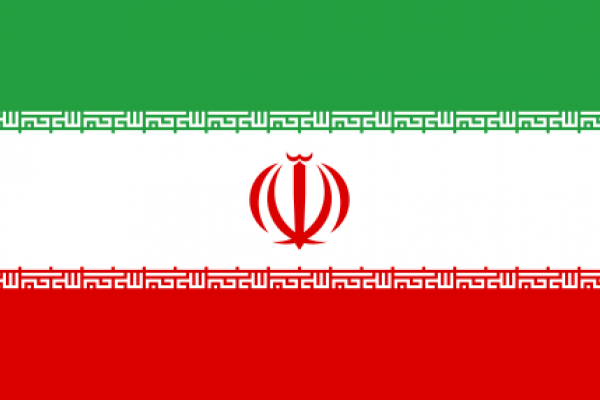
Speakers:
- Jessica Tuchman Mathews, President, Carnegie Endowment for International Peace
- Richard Nephew, Nonresident Senior Fellow at Brookings Institution and Program Director at the Center on Global Energy Policy at Columbia University
- Richard Herrmann, Professor & Department Chair, Department of Political Science and Interim Director, Mershon Center for International Security Studies at The Ohio State University
Join us as we discuss these important questions with two experts in the field, Jessica Tuchman Mathews and Richard Nephew.
The person to RSVP to for the Iran event tomorrow is Christina Murphy murphy.1518@osu.edu
Co-sponsors: The Mershon Center for International Security Studies; The Political Science Department; The Columbus Council on World Affairs; the Iran Project
